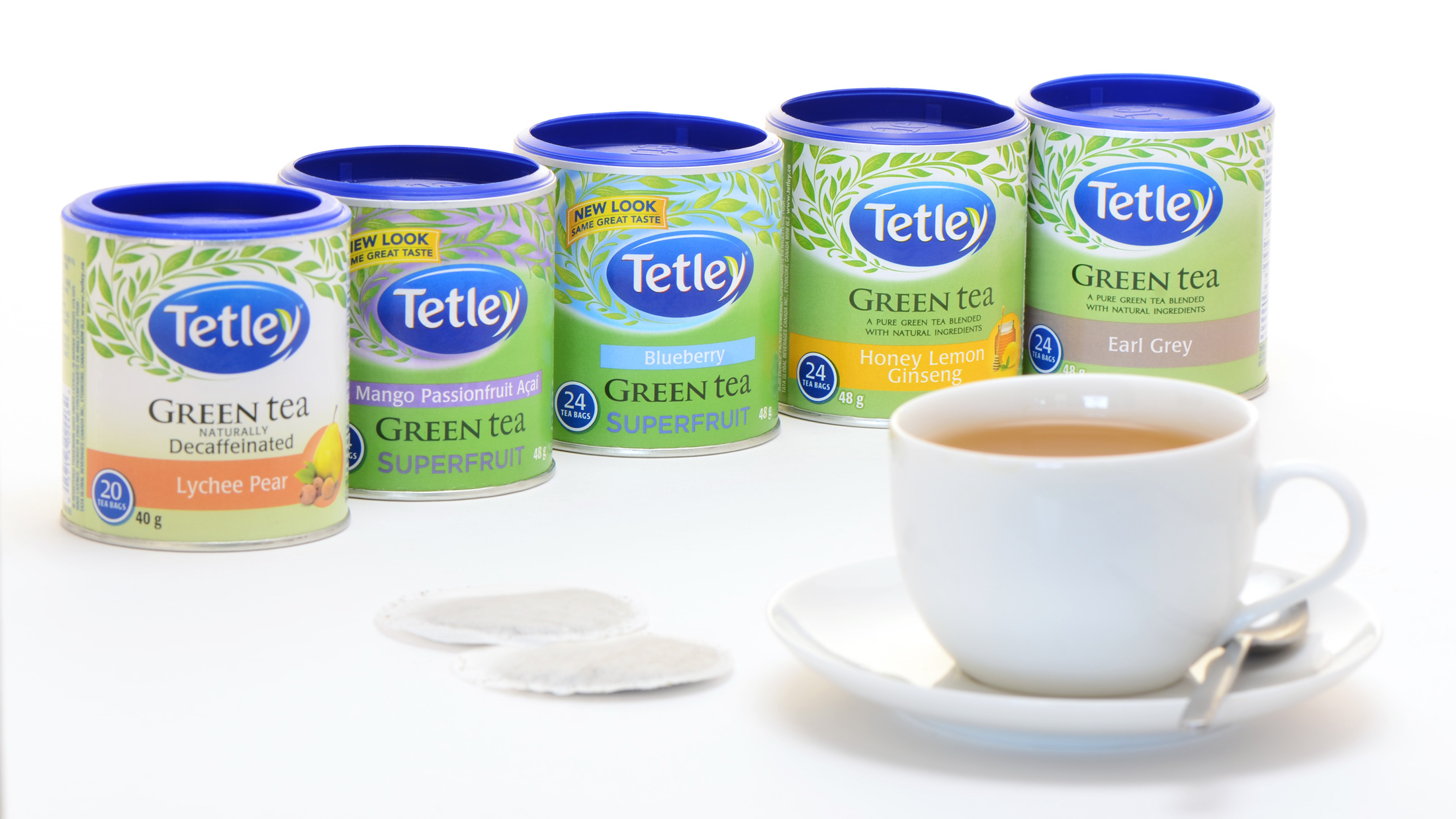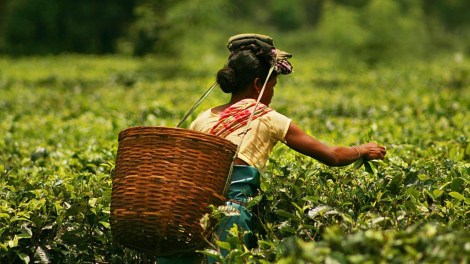India’s reputation for producing delicious teas stems mostly from vast plantations in the northeastern state of Assam.
Tourists admire the beauty of the region, but life is hard as hell on the plantations. Undernourished workers, including children and the elderly, toil from dawn until dusk for pittances, often spraying industrial pesticides with little protection and enduring unsanitary conditions. They retire at night to overcrowded homes.
It is suffering such as this, which was chronicled a year ago in a complaint filed by three Indian nonprofits, that now has the World Bank investigating a company called APPL, which supplies tea to Tetley and other brands. APPL operates 24 tea plantations and is 41 percent owned by Tetley parent Tata Global Beverages, with the World Bank’s main lending body and some other shareholders also holding stakes.
“We want the company to comply with the labor laws and upgrade the working and living conditions,” Jayshree Satpute, an official with Nazdeek, a nonprofit that helped draft last year’s complaint, told Grist. “This investment of [the World Bank] was done also to benefit the workers — but there have been no real positive changes.”
Following a year of review, the World Bank announced last week that it will launch a full investigation into “potentially significant adverse” environmental and social impacts at the plantations, where 31,000 Indians work. The announcement was followed by the publication earlier this week of a damning report by the Human Rights Institute at Columbia Law School, which visited 17 of the 24 plantations during two years of its own investigation. Here are some lowlights from the new Columbia report:
The abusive conditions for APPL workers are consistent with conditions in the sector as a whole. They are rooted in the colonial origins of plantation life which continue to define the extremely hierarchical social structure, the compensation scheme, and the excessive power exercised by management.
The tea workers of Assam and the adjacent area of West Bengal come from two marginalized communities — Adivasis (indigenous people) and Dalits (the so-called “untouchable” caste) — whose ancestors were brought from central India by British planters. They remain trapped in the lowest employment positions on the plantation, where they are routinely treated as social inferiors. …
Workers live in cramped quarters with cracked walls and broken roofs. The failure to maintain latrines has turned some living areas into a network of cesspools. APPL is failing to provide adequate health care, both in respect of quality and access. Medical staff are poorly-trained and frequently absent. …
At one plantation, while the manager lauded the old and new mechanisms in place to ensure that pesticide spraying happened safely, and stressed the absence of any gaps, the research team watched a group of sprayers walk past his window with chemical tanks on their backs and no protective gear at all on their bodies.
According to the World Bank’s ombudsman, APPL officials have told its investigators that labor issues on its plantations reflect industry-wide problems and couldn’t be directly addressed by a single corporation.
On Friday, Tetley is scheduled to join with other large tea manufacturers in announcing a 15-year plan to boost the sustainability of the industry’s plantations and better support the communities that work on them.
Correction, Feb. 24, 2014: This post originally stated that Tata Global Beverages, the parent company of Tetley Tea, owned half of APPL, and that the World Bank was investigating Tetley Tea. In fact, Tata has sold off shares recently and now owns 41 percent of APPL, and the World Bank is investigating APPL, not Tetley. Also, this post originally stated that Nazdeek cosigned a complaint to the World Bank about APPL. In fact, though Nazdeek helped research and draft the complaint, it was not one of the formal complainants.




